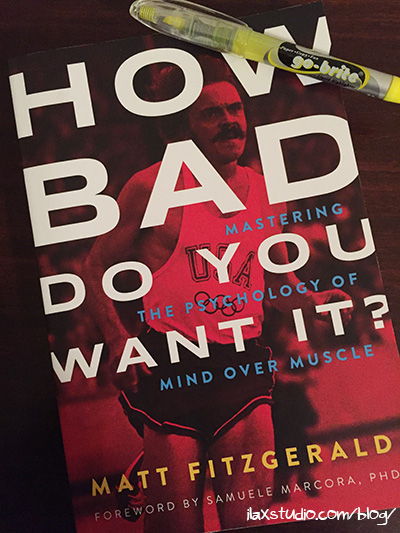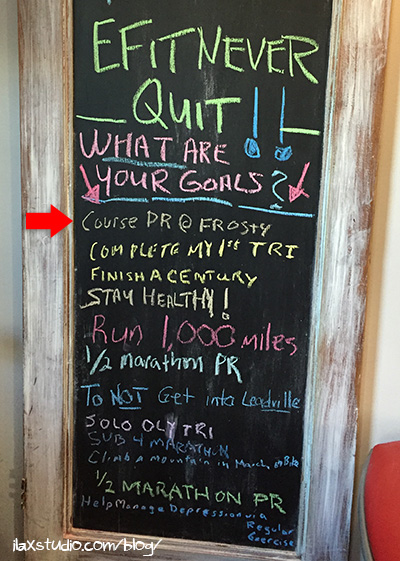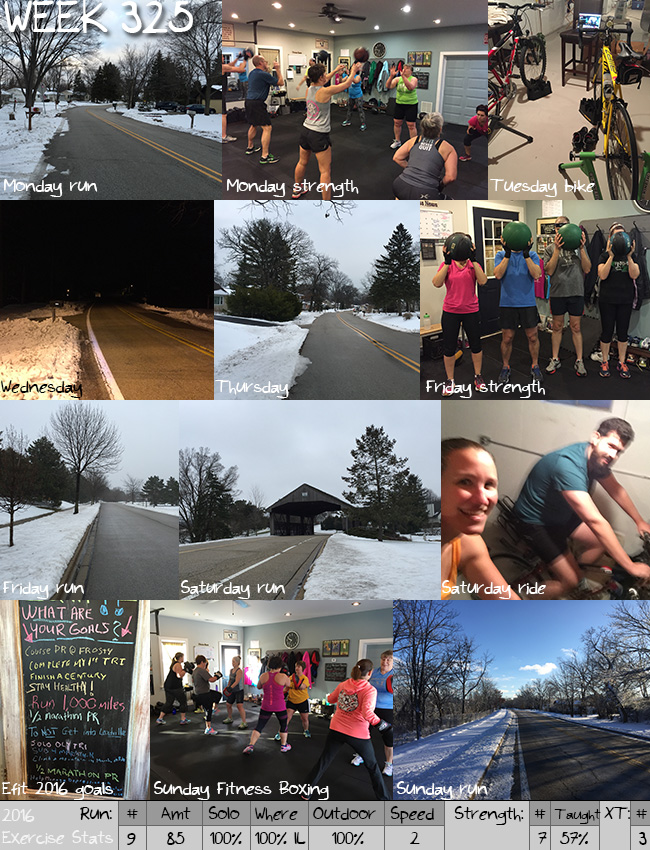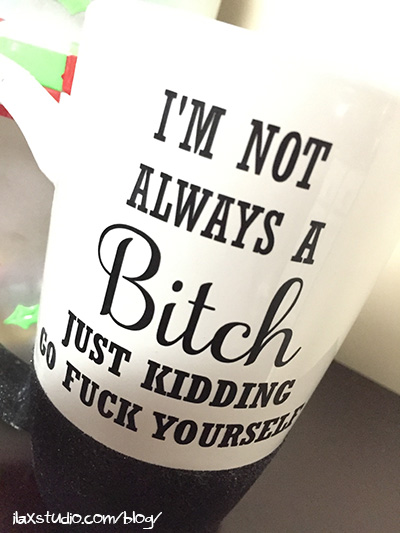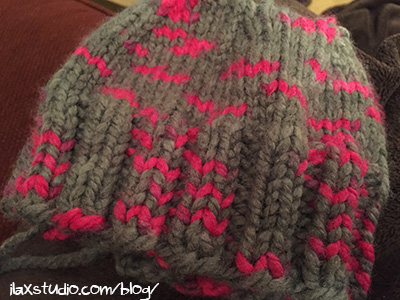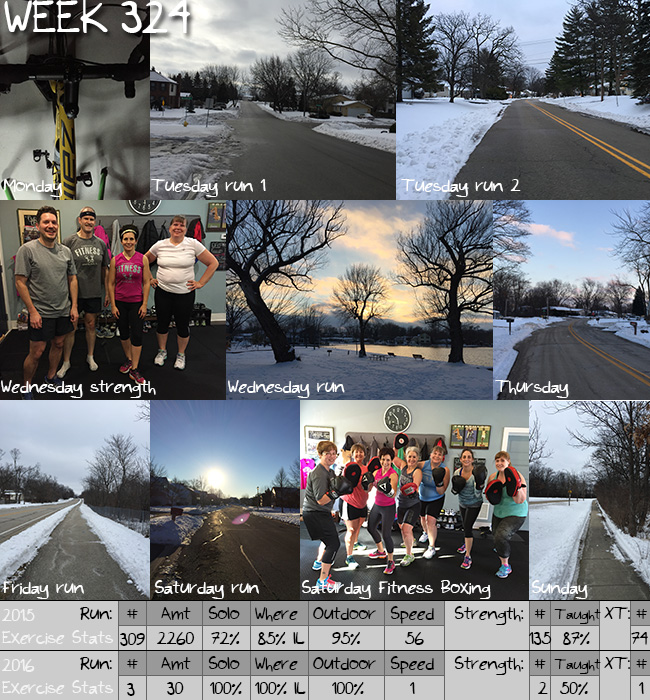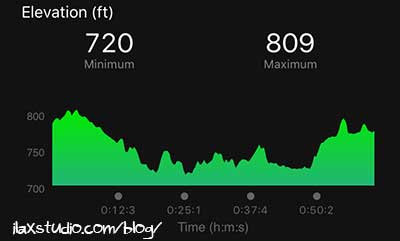How Bad Do You Want It? Book Review
I received this book as a holiday gift from my father-in-law, and liked it so much I want to share my thoughts here. This isn’t a sponsored post.
Yay! I actually finished a book in a normal amount of time (two weeks) – which means I can cohesively comprehend what I read! Ha ha.
How Bad Do You Want It?, by Matt Fitzgerald, is about how endurance athletes can learn to cope with discomfort and stress while performing, to achieve their best results. The book is heavily focused on the psychobiological model of endurance performance – that the mind and body are deeply connected, with the mind being in charge (as opposed to previous models which believed endurance performance was mostly biological, not psychological).
Well, that makes sense, right? Our brain runs everything! But it’s more than that – it’s the concept that in order to become a better endurance athlete, it’s NOT so much actual effort you have to learn to deal with, but perception of effort – how your brain reacts to what you are doing. Only then, can you push yourself further and further to your limits.
IF you want to. I mean, the title of the book is “how bad do you want it?”!!! I know I’ve been in races and given up toward the end, deciding I didn’t want what I was going for (and truly not being upset about it). I’ve been beaten out of first place (in age group and overall) by less than 10 seconds a few times and said to myself – “yeah, she wanted it more than me and she worked for it, good for her!”
But… what about when you DO actually want it bad enough to go for it?! This has happened to me as well (thankfully, ha) where I had my mind so set on something that I pushed for it and got there – and if it’s happened to you, you know it’s one of the best feelings in the world! This book is about how to achieve that.
The book is twelve chapters – an introduction and conclusion, and ten chapters in between, each one going over a different coping (with the pain of working hard) mechanism, using anecdotes about endurance athletes from the past forty or so years.
I like that it was anecdotal. Stories tend to stick with me – I remember the examples from them better than reading straight up research. And each chapter does have a lot of research in it – but sandwiched between the story (each chapter seemed to start with the story build up, then there’d be the research-y/science-y stuff, then you’d get the conclusion to the story, after).
I did NOT like the goofy analogy throughout the whole book of endurance training being like a fire walk – you know, when people walk on hot coals. That’s just not relatable to me. It felt cheesy and forced.
I also thought it was funny that Pre is on the cover, but he is not even brought up until the final chapter! I was getting worried he wasn’t going to be in there at all!
But the book was definitely effective. Since reading it, I’ve already thought to myself during workouts, “how bad do I want this?” to push myself a bit more. I think I’ll review each chapter’s “coping mechanism” and my highlighted notes from time to time, to see if I am retaining what I read… and if I am using it!
